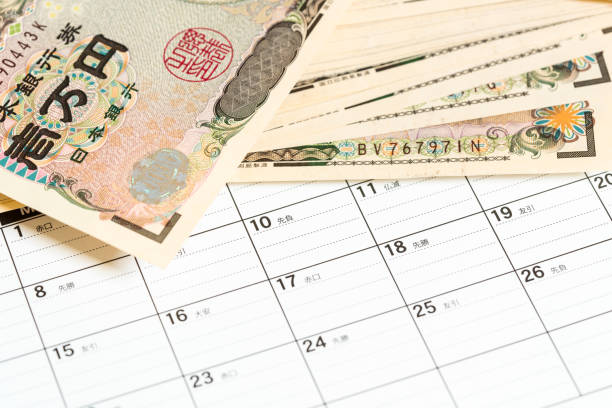
President Donald Trump announced that the United States will likely strike a trade deal with India, though he also expressed uncertainty about a potential deal with Japan.
Trump said the trade deal with India would help US companies compete in South Asia, resulting in much lower tariffs.
On Air Force One, the US president anticipated that India would likely open up the markets to US companies. This would delay implementing the 26% he announced on April 2, then suspended until July 9.
“Right now, India doesn’t accept anybody in. I think India is going to do that. If they do that, we will have a deal for much fewer tariffs,” he said.
Bessent indicates the possibility of the US-India trade talks coming to an end
US-India discussions have stalled over differences in import duties for things like auto parts, steel, and farm goods before a deadline when Trump threatens to retaliate with tariffs.
In an earlier appearance on Fox News, Treasury Secretary Scott Bessent said the US and India are close to a deal that would reduce tariffs on American imports to the South Asian country and prevent India’s levies from rising sharply next week.
In response to a question about progress on trade negotiations, Bessent noted that they are very close with India.
In the meantime, Indian officials moved meetings with their US counterparts in Washington last week until Monday to finalize a trade deal between the US President Donald Trump’s administration. They also aimed to tackle ongoing concerns from both sides, two Indian government sources said.
The Trump administration will try to secure trade deals with countries, including India, before Japan, in the days before the July 9 deadline, said a White House official familiar with the talks.
Notably, India is among over a dozen countries actively discussing with the Trump team to prevent a sharp increase in tariff rates that could come as soon as July 9 after a 90-day tariff pause. India could see its new “reciprocal” tariff rate increase to 27% from 10%.
In an event in New York, the Minister of External Affairs of India, Subrahmanyam Jaishankar, mentioned that they were deep into a complex trade negotiation. He expressed optimism about passing the halfway point of the talks.
Jaishankar, currently in the US for a meeting with the China-focused Quad group, said he hoped they could reach a successful ending.
The minister, however, expressed, “I can’t promise it will happen since there’s another party involved in the talks.” He also mentioned that both sides needed to be willing to compromise and find common ground.
Trump expresses a lack of confidence in reaching an agreement with Japan
Different countries have different agendas for trade deals, Bessent explained. This included Japan, which the president complained about on two consecutive days.
While they were working with Japan, the US president said he was not confident they would agree. Based on his explanation, he had several doubts. He said this while heading back to Washington from a trip to Florida.
Trump had said he might levy a 30% or 35% tariff on imports from Japan – far more than the 24% tariff he announced on April 2 and then deferred until July 9.
He claimed that Japan was not accepting rice grown in the United States, which he called an “easy” request from Washington, even though Japan sells millions of cars in the US.
“I will write them a letter expressing our gratitude. We understand they can’t provide the services we need, so we will ask them to pay 30%, 35%, or whatever percentage we decide,” Trump said.
Only Britain has secured a narrow trade agreement with the Trump administration, agreeing to a 10% US tariff on many goods, including autos, in return for access to aircraft engines and British beef.
* The content presented above, whether from a third party or not, is considered as general advice only. This article should not be construed as containing investment advice, investment recommendations, an offer of or solicitation for any transactions in financial instruments.



